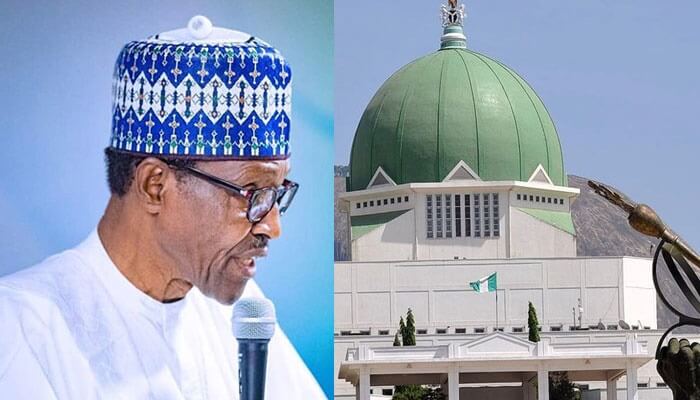The coincidence of the Senate rancorous approval for the Executives to embark on a $22.7bn loan jamboree in China and the resolution of the House of Representatives to investigate the Central Bank of Nigeria (CBN) and the Federal Inland Revenue Service (FIRS) over alleged racketeering in the allocation of foreign exchange to companies valued at over $30bn has elicited experts reactions.
Recall that upon strong opposition to the multibillion loan apparently tied to infrastructure financing, the Senate went ahead to okay the approval even though some regions and South East in particular decried possible absence of any of the loan schemes in the region.
Recall that the youthful Anambra Senator, Chief Patrick Ifeanyi Ubah, had argued at plenary that South East infrastructure project need to be part of the infrastructure to be funded by the loan hence the servicing burden shall be borne by all regions of the country after all.,
Originating the need for a probe, Chairman of the House Committee on Finance, Mr James Faleke, said the leakages were causing the Federal Government to lose revenue worth over $30bn, would also probe commercial banks, forex dealers, importers and beneficiary companies.
According to the lawmaker, who moved a motion of urgent public importance, he called for a probe into the forex allocation process.
While unanimously adopting the motion, the House directed the committees of Finance; and Banking and Currency to “conduct public hearing by looking into the various originating documents maintained by the CBN, banks, forex dealers, FIRS, importers and other beneficiary companies.”
Analysts say if China has a record of due diligence before granting approval to foreign loans, it would have looked at the ongoing probe of $30bn abuse as raised by the Nigerian lawmakers before final agreement.
The Chairman, Senate Committee on Local and Foreign Loans, Senator Clifford Ordia, laid the report and was about to read the executive summary when trouble started.
Senator Adamu Aliero asked the President of the Senate, Ahmad Lawan, to postpone deliberation on the document until next week to enable them study the report very well.
Lawan rejected the suggestion warning that the report may have become a public debate before next week because the press would definitely get copies and publish the contents.
The senators faulted the two-item recommendation proposed by the Ordia-led panel without furnishing them with details of the projects, the beneficiaries and the amount allocated to each of them.
Though the loan was approved, the observation by distinguished senators bordering on disclosures remains a key issue of public discuss as there had been several earlier allegations against the Executives over nondisclosures in several loan deals
Whereas the Federal government is bent on taking the apparently cheap but very dangerous Chinese loan, facts and figures from a rebased and world approved height of $510b GDP in 2014, Nigeria’s economy had plummeted to discouraging N376b in 2019 IMF statistics still shows Nigeria as Africa largest economy in 2019 but with a woeful shrink by N134b or 22.33%.
Experts say this translates to $19.16b or 3.1% decline per year. That is an average of $22.33b every year also this raises questions of how Nigeria and the loans it keeps incurring through ceaseless borrowing even with approval to borrow more $22.2b from China this week would fare in the next few years Last month, the World Bank gave Nigeria the approval to borrow more.
Last year end, Nigeria spent $3,7b in loan servicing, the highest in the history of Nigeria after just $1.79b loan servicing bill record in 2006 The trend which experts see as worrisome speaking to ACMC makes them ask how the loans would be repaid as the borrowings haven’t shown any positive climate for the economy that is steadily on decline.









